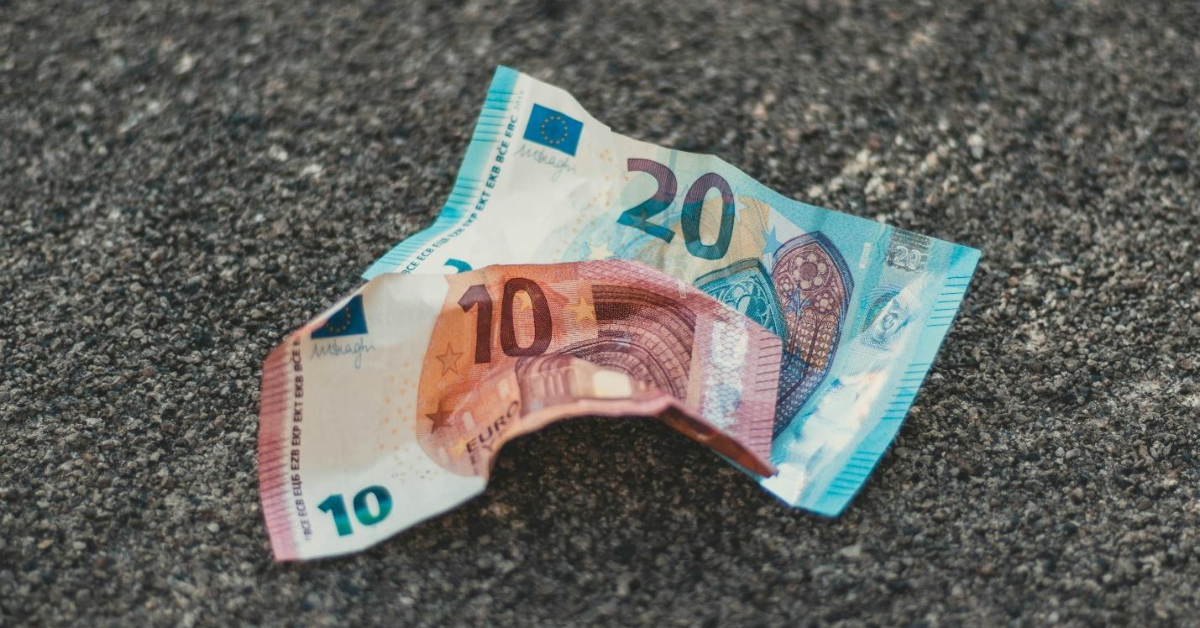The euro has been the official currency used for buying things in many European countries for over twenty years. The single currency experienced good and bad economic times and difficult political storms during that time.
Notably, the euro faces new challenges and chances to improve in the next 10 years and beyond. How might worldwide economic changes, changes in domestic rules, politics around countries, climate goals, new technologies, and changes in people’s lives impact the worth and purpose of the euro in the coming years?
This article explores what to expect in the euro currency predictions for the coming decade.
1. Potential Fluctuations Due to Global Economic Shifts
One of the most significant issues outside of EU control is how well the worldwide economy does. As an area that trades with other places, the Eurozone won’t be unaffected by problems from important trading friends or parts. Issues like the US and China trade fight, recovery after the 2020 virus crisis, debt troubles in growing markets, or changes in raw material prices may gently move what the euro can buy.
For instance, today’s economic forecast might reflect short-term market uncertainties driven by global events. Times of doubt or unstable worldwide money could cause the euro value to drop slightly. But in the long run, a system based on rules for trade between countries and varied trading partners across Europe should help the single money from significant ups and downs caused by one place abroad.
2. Impact of EU Economic Policies
The euro’s value could go up or down in Europe based on the money and spending plans used within the Eurozone group. When it comes to money, the European Central Bank will consider the problem of low price changes staying low as it decides on reasonable interest rates and money-adding programs for the whole decade. Stricter money rules could improve the euro more than dollars in other rich regions using more stimulus plans.
However, if low price changes remain problematic, the ECB may adopt a more friendly position, which could affect the exchange rate. At the same time, changes to the rules around country spending and work on shared investments could raise trust in the euro. Not updating the economic system risks making markets less sure.
3. Influence of Geopolitical Events
Issues with other countries and conflict areas also add doubt to the euro. Problems around Europe’s edges have hurt trust before. This includes increased fighting in Ukraine or unrest across North Africa and the Middle East.
Potential risks could come from the relationship with Turkey, how countries form in the Balkans, or Russia’s views on security and energy work with Europe. At the same time, stronger friends across the big ocean under new US leadership may balance against worries from conflict areas.

4. Effects of Climate Change Policies on the Economy
No issue will affect the Eurozone economy more – and because of this, the currency too – than plans for climate change and Europe’s change to have no carbon impact. Also, firm promises to cut polluted air and significantly increase spending on renewable energy like sun and wind power over the following years should support growing clean industries and tech across all countries.
Furthermore, if done well, an EU-wide plan like a “Green New Deal” could see the euro gain value as a safe currency when carbon is limited worldwide. However, the costs of closing old plants and retraining workers also bring macro risks that may slow growth.

5. Digital Euro Development and Implementation
The EU’s plans to introduce a digital form of the euro to be used along with normal money are a significant change that could change how people pay. Within the following years, European people may have the option to keep and use a digital version of the euro backed by central banks.
While the full effects are hard to know, a widely accepted digital euro could make payments more convenient and cheaper. If introduced carefully, with strong protection of private information and security, it may gain more trust in the currency.
6. Changes in Trade Relationships with Major Partners
Lastly, two crucial trade talks that could change how well Europe and the euro do with other places are new deals with the United Kingdom and the United States. The future ties between the EU and the UK will matter greatly after Brexit. The UK continues to be a significant buying partner for Europe.
At the same time, a deal for trade and tech work with President Biden could bring risks and rewards based on how much cooperation happens. Also, rising problems with China bring challenges. Getting partnerships right with the UK, US, and China will strongly affect how Eurozone sales and investment change going forward. Finding a balanced path with these critical relationships will impact Europe’s single currency over the following years.

Wrapping Up
The euro starts the 2020s with possibilities and tests across many areas. Globalization, environmental rules, tech changes to finance, world politics, and people changes profoundly affect its economic situation.
Moreover, how EU leaders guide the single currency through these unclear times will determine whether the region will keep progressing or lose direction in the next ten years. With balanced but ambitious planning, there are reasons to be hopeful but still careful about the euro staying important in a changing world economy.



